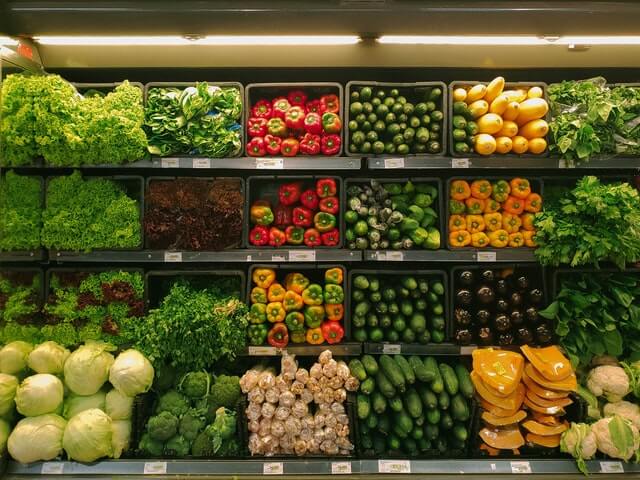Lawmakers in the European Parliament grilled the director of the European Border and Coast Guard Agency on Tuesday (1 December) over migrant pushbacks in the Mediterranean, with left-wing political groups calling for his resignation.
A number of media reports in October uncovered evidence that the agency, known as Frontex, was involved in carrying out “illegal pushbacks” of migrants on six occasions in the Aegean Sea, at the border between Turkey and Greece.
Frontex director Fabrice Leggeri told MEPs that “in the time slots on the days [reported in the media], the assets that were mentioned, in particular the Romanian and Portuguese vessels, were deployed but there was no evidence that they were engaged in pushbacks activities”.
Leggeri said, however, that on the night of 18-19 April, an autonomous Frontex plane recorded via live streaming a “suspicious case” involving a vessel of the Greek coastguard, which prompted Leggeri to send a letter to the Greek minister of maritime affairs.
A similar incident involving a Danish helicopter pilot who “wanted to issue a serious incident report” was also reported at the end of July, prompting Leggeri to send a letter to the Greek authorities.
Sophie in ‘t Veld, a Dutch MEP from the centrist Renew Europe political group, reacted by asking: “Why not terminate the operation, why not suspend funding? Why did you think it was sufficient to write letters to the Greek authorities which have been routinely systematically denying any allegation, even if there was substantial evidence?”
Leggeri agreed that “letters are not enough”. However, he explained that “in the system of the European Union… if a minister sends a letter to the director of an EU agency and says, ‘everything was according to the law,’ I cannot say ‘I don’t trust you’”.
The Frontex chief added that the agency was at the time operating in the context of “geopolitical confrontations” involving Turkish military fighters surrounding Frontex planes and “almost daily shooting coming from the Turkish side at the land border.”
“Because of all these situations, I also asked the Commission, but also the EU institutions to give me political and legal interpretation and guidance on how to take into account so-called hybrid threats, when security or defence is at stake where we are physically deployed.”
Leggeri welcomed an independent inquiry launched by the European Ombudsman into how Frontex deals with alleged breaches of fundamental rights and proposed a full-fledged independent inquiry by the EU’s Fundamental Rights Agency.
He also agreed with MEPS who suggested that “some monitoring should be done by external entities which are not embedded in Frontex.”
Green MEP Tineke Strik commented, however, that it was “worrying that we depend on the decision of the EU Ombudsman to do this.”
Frontex comments the EU Ombudsman‘s inquiry on the complaint mechanism, and I agree. But it is worrying that we depend on the decision of the EU Ombudsman to do this. Frontex should have an effectively functioning Fundamental Rights system.
— Tineke Strik (@Tineke_Strik) December 1, 2020
She added that “Frontex should have an effectively functioning fundamental rights system.”
“I would like to call upon all political groups also to really seriously consider if we as Parliament shouldn’t establish a formal inquiry committee on this,” Strik said during the meeting.
Several MEPs also questioned why the agency still has not hired the 40 independent fundamental rights monitors required by its mandate.
Leggeri replied that he had published a vacancy notice for a fundamental rights officer last year, but was “forced to withdraw it because it was said that it’s not a managerial post”.
The director explained that it took months of back and forth with Commission services to determine if the person in charge of the 40 monitors is a manager, which explains the delays in recruitment.
Political groups on the left were unimpressed and called for Leggeri to resign.
“Following the hearing, S&D MEPs concluded Mr Leggeri’s position at the head of Frontex is not sustainable, especially in light of the important role for Frontex in the new Pact on Migration and Asylum,” the group said in a statement.
“We need to ensure that there are impartial procedures in place to judge what’s going on,” said leftist MEP Sira Rego.
“Given your responses, which have been evasive to say the least, I think you should resign, sir,” she added, echoing a previous statement by the leftist group in the European Parliament.
[Edited by Zoran Radosavljevic and Frédéric Simon]












